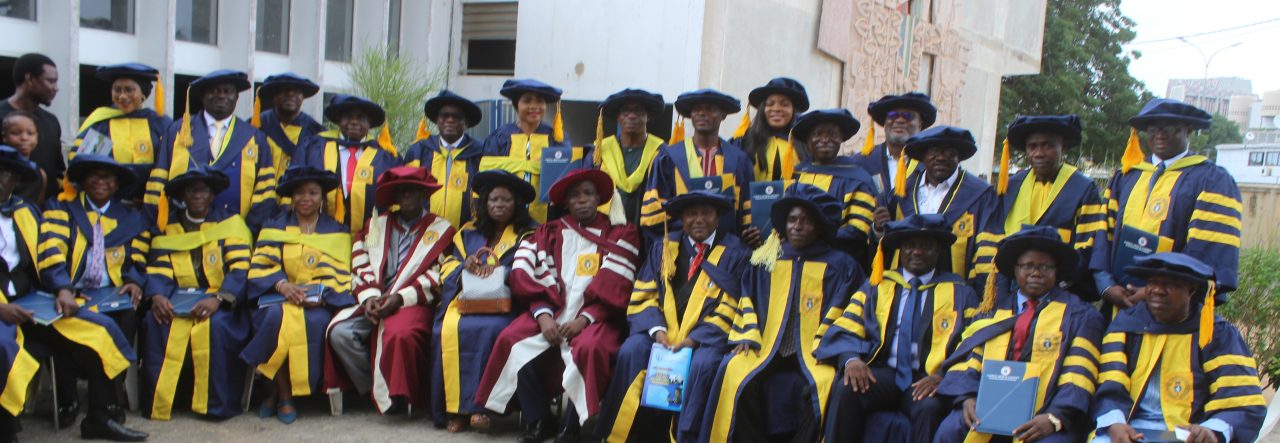1. Introduction
Thank you for your interest in the European-American University Bachelor of Arts in English Literature programme. The programme is designed to be completed within thirty-six months by a student devoting ten to twelve hours a week, working by distance learning.
The programme is outlined below, but individual details may be varied on the initiative of the Mentor and/or student, always subject to ratification by the University. In principle, the aim is to provide a fully bespoke, individualized learning experience that takes into account the particular strengths, interests and previous learning of the student, and thus offers a flexible but rigorous route to the degree.
The programme currently consists of six modules, listed below with their main topics:
A. Chaucer and Langland
Chaucer: Parlement of Foules; Troilus and Criseyde. Henryson: The Testament of Cresseid. Langland: Piers the Plowman.
B. Shakespeare
Study of specified plays drawn from the Tragedies, Comedies and Histories.
C. English Literature, Life and Thought 1625-1798
Study of the context and works of Donne (Songs and Sonnets), Sir Thomas Browne (Hydriotaphia), Pope, Gray, Collins.
D. The Novel 1750-1850
Study of the evolution of the “literary” Novel through the work of authors including Smollett (Humphry Clinker), Mackenzie (Man of Feeling), Radcliffe (The Mysteries of Udolpho), Austen, Shelley (Frankenstein), the Brontes, Dickens.
E. Poetry 1875-1950
Tennyson, Longfellow, Wilde, Swinburne, Newbolt, Poets of the First World War, Lawrence, Auden, Graves, Thomas, Betjeman.
F. A Dissertation Topic
2. Aims and objectives
The programme aims to offer an overview of some of the high points of English Literature (defined as literature authored by natives of the British Isles) from Chaucer up to the mid-twentieth-century, with the dissertation module allowing for a focus on later writing. It is unashamedly traditional in its approach to study, seeking to impart an awareness of form, structure and language as well as encountering the ideas of its time. Students will need a voracious appetite for reading and for the discussion of that reading, since this program is intensive in both respects. At the conclusion of the programme, students will have a comprehensive understanding of the most important movements that have formed English Literature and an excellent basis for further study and research.
3. Methods of delivery
The delivery of the teaching for the course is by distance learning. Students will be assigned a Mentor who will be a practitioner in the field and/or an established academic. They will work out the exact details of what is to be studied and how this will be assessed in co-operation with the Mentor with this learning contract then ratified by the University. In most cases, students will communicate with their Mentor via electronic communications (e-mail, fax) although some Mentors prefer to work via postal mail, and many will also offer telephone support.
4. Course materials
The chosen methods of learning are designed to offer the student the maximum of flexibility and scope in tackling the programme.
The individualized nature of the programme means that traditional course materials in the form of structured course notes are rarely appropriate or practical, although it is hoped that where possible, Mentors will make their notes on particular topics available to the student. Students are, of course, responsible for creating their own course notes based on their reading and related work.
Most work within the programme will consist of directed readings from key texts selected by the Mentor. The student will be responsible for obtaining books, which are not included in the tuition fees, although both the Mentor and the University will endeavour to assist in the event of any difficulty in obtaining books. The Mentor will set regular assignments based on the directed reading, most of which will be in the form of an essay or paper. Mentors will also provide guidance on background reading for each topic.
5. Entry requirements
The usual minimum requirements for entry to the course are as follows:
- Completion of secondary education (high school)
and - at least three years of professional experience
Candidates will normally have attained the age of twenty-two years. All candidates will be expected to show a proficiency in the English language.
It is a key principle of the University that each application should be considered on its own merits, and admission to the course and all interpretations as to the eligibility for such admission remain at the discretion of the University.

